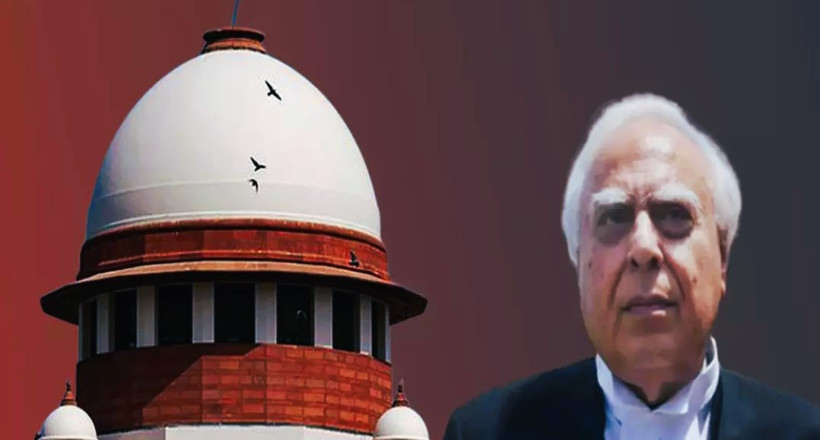The Perils of 'Aaya Ram Gaya Ram' Politics: An Analysis of Eknath Shinde Group's Case

In a recent development, senior Congress leader Kapil Sibal has raised concerns about the Supreme Court's decision to hear the case of the Eknath Shinde group. According to Sibal, accepting the case would bring back the infamous "Aaya Ram Gaya Ram" regime in Indian politics.The Eknath Shinde group is a faction of the Shiv Sena, a political party based in Maharashtra, India. The group had approached the Supreme Court after the Maharashtra Governor Bhagat Singh Koshyari had refused
their request for a floor test in the state assembly.Sibal, who is a former Union Minister and a senior advocate, argued that accepting the Eknath Shinde group's case would set a dangerous precedent and encourage more political defections. He cited the example of the Haryana Legislative Assembly in 1967, where a legislator named Gaya Lal defected from one party to another three times in a single day. This led to the coining of the term "Aaya Ram Gaya
“ Stay ahead of the news with The Speed Express. We delivers the latest, most accurate and relevant information on politics, business, sports, entertainment and more. Get informed, always. ”
Ram" to describe such frequent defections.Sibal further added that accepting the Eknath Shinde group's case would also violate the principles laid down in the landmark Kihoto Hollohan case of 1992. In that case, the Supreme Court had upheld the validity of the Tenth Schedule of the Indian Constitution, which lays down the provisions for disqualification on grounds of defection.The Eknath Shinde group, on the other hand, has argued that their case is not about defection but about the
Governor's refusal to call for a floor test. They have claimed that the Shiv Sena-led government in Maharashtra has lost its majority and a floor test is necessary to prove it.The Supreme Court has yet to give its final verdict on the matter. However, the case has already sparked a heated debate in Indian political circles. Some experts believe that accepting the case could lead to a weakening of anti-defection laws and encourage more political defections in the future.









